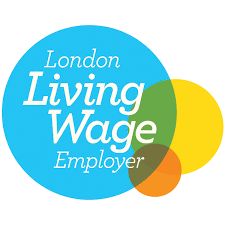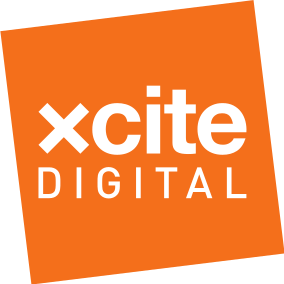The last year has been a tough one for many people. If you are self-employed, you may have been caught in the trap of not being eligible for any financial support from the government.
The March Budget included some new measures designed to support the self-employed as the country gradually exits Covid restrictions. These measures now include those who have become self-employed relatively recently.
In this article we will look at what was in the Budget for the self-employed, and how to access support if you are eligible.
What support existed for the self-employed before the Budget?
Before the March Budget, the Self-Employment Income Support Scheme (SEISS) had been in operation since the beginning of the Covid pandemic to help the self-employed. Up to that point, there had been three grants, covering the period up to the end of January 2021.
To be eligible for these grants, you needed to be either a self-employed individual or member of a partnership who had been trading in both of the tax years 2018-19 and 2019-20, and intended to continue trading.
This meant that anyone who had become self-employed during the financial year 2019-20 was excluded from the SEISS scheme.
But the Budget changed all that.
What was in the Budget for the self-employed?
In the Budget, Chancellor Rishi Sunak announced the government’s intention to continue the SEISS and provide fourth and fifth grants for the self-employed.
A key change was that eligibility for these grants was widened. SEISS grants were also available to those who became self-employed in the tax year 2019-20.
You are now eligible for a grant if you meet all the following criteria:
- You traded in 2019-20 and intend to continue trading in 2020-21.
- Your trading profits are less than £50,000 a year.
- You earn at least 50% of your income through self-employment.
- You submitted your 2019-20 tax return by midnight on 2nd March 2021.
It is estimated that these extended eligibility criteria for SEISS will enable an estimated 600,000 more people to claim SEISS grants for the first time.
The fourth grant was claimable in April, and covered lost earnings between February and April 2021.
The fifth and final SEISS grant is designed to cover lost earnings between May and September 2021.
Its value will depend on your fall in turnover between April 2020 and April 2021:
- If your turnover has fallen by 30% or more, your grant will be 80% of 3 months' average trading profits, up to a maximum value of £7500.
- If your turnover has fallen by less than 30%. Your grant will be 30% of 3 months' average trading profits, up to a maximum value of £2850.
I’m self-employed. How can I claim an SEISS grant?
Your eligibility for the fifth grant will be determined by HMRC. It will be based on information on your 2019-20 tax return.
Further information about the fifth grant will shortly be available, but it is expected that HMRC will contact you in July to tell you how and when to claim your grant. The online claims process will then be available from late July 2021. The grant is taxable and will be paid out in a single instalment.
If you receive the fourth and fifth SEISS grants they will not need to be repaid. However, they will be subject to Income Tax and self-employed National Insurance, and must also be reported as income when you complete your 2020-21 Self Assessment tax return.
I run my own small business. Is there any other help available?
If you are self-employed and have business premises, you may also be eligible for a Restart grant. Restart grants are designed to provide additional financial support to some small businesses when they reopen after Covid restrictions.
Non-essential retail businesses can receive up to £6,000 per premises. Hospitality, accommodation, leisure, gyms and personal care businesses can receive up to £18,000. The amount received depends on the rateable value of your business.
Restart Grants will be paid through local councils, who are also being given additional funding to distribute to businesses that have suffered due to Covid-19, even if they are not eligible for a Restart Grant.
To find out more about whether you are eligible for a Restart Grant, contact your local council.
It is to be hoped that these measures will go some way towards helping the self-employed begin to rebuild and move forward again over the next few months.
Fair Finance is here to help in that process. If you need financial advice or additional support to straighten out your finances, for example a loan with CCJ or other credit problems, get in touch with us to see if we can help you get a fair deal.
Check back here soon for more financial and lifestyle information from Fair Finance.




